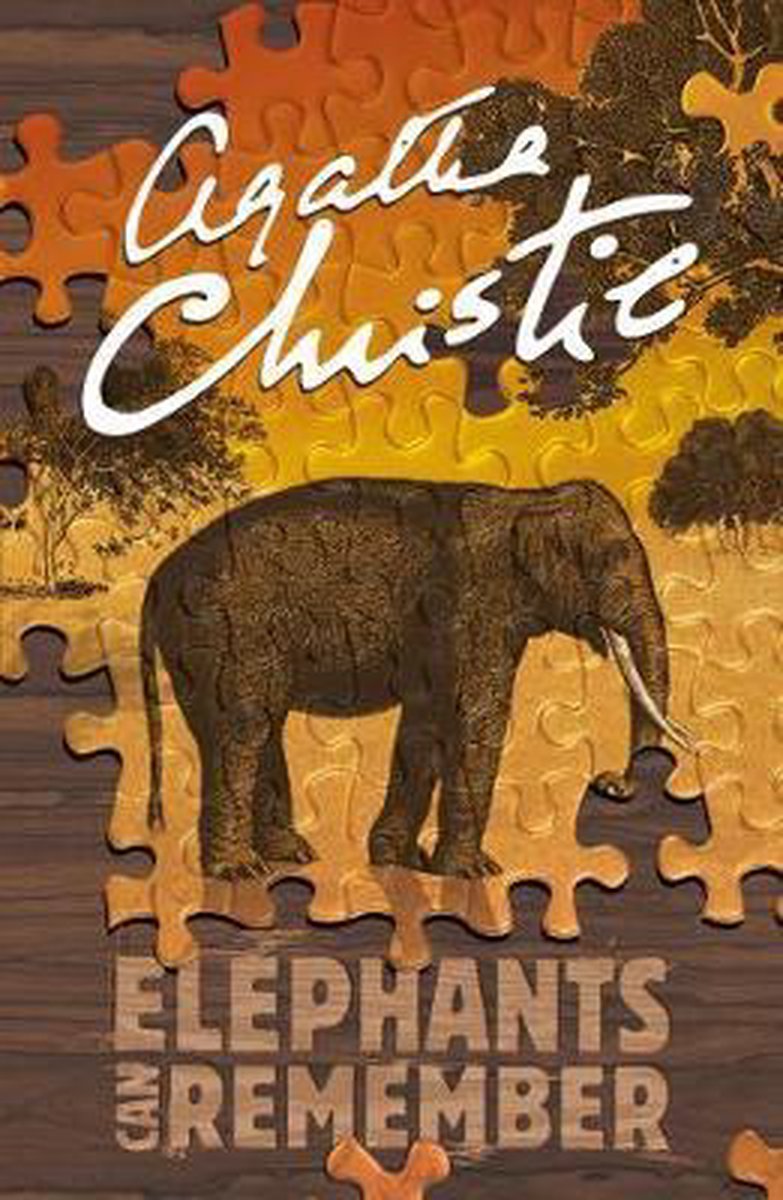

Margery Allingham: ‘I have often thought that Mrs Christie was not so much the best as the only living writer of the true classic detective story.’ Poirot and Agatha Christie at their inimitable best.’

Sunday Express: ‘Twelve little masterpieces of detection.

(Poirot solves them all but, of course, retirement remains as elusive as ever.) The cases that Poirot engages are every bit as taxing of his mighty brain as were the famous labours imposed by Eurystheus, King of Tiryns, on the Greek demi-god’s brawn, and they make for one of the most fascinating books in the Christie canon. San Francisco Chronicle (of the novel): ‘A grade-A plot - the best Christie in years.’ĭr Burton, Fellow of All Souls, sipping Poirot’s Chateau Mouton Rothschild, offers up a rather unkind remark about his host that sets in motion Hercule Poirot’s obsessive, self-imposed contest against his classical namesake: Poirot will accept twelve labours - twelve fiendishly complex cases - and then, at long last, genuinely unshoulder the burdens of the hero: he will retire, and leave the ridding of society’s monsters, the sweeping of its criminal stables, to others. In her Autobiography, Mrs Christie notes that she wishes she had made a similar swap in the novel - so rich are the characters in The Hollow - but Poirot fans then (The Hollow was a tremendous bestseller) and today would have it no other way. Poirot, however, is not a character in the stage version - the diminutive Belgian with the oversized personality was replaced by a perfectly neutral Scotland Yard inspector. An adaptation of The Hollow was one such triumph, premiering in Cambridge in 1951 and subsequently playing for over a year in the West End. Of note: The phenomenon of The Mousetrap tends to distract from Agatha Christie’s other stage successes.


 0 kommentar(er)
0 kommentar(er)
